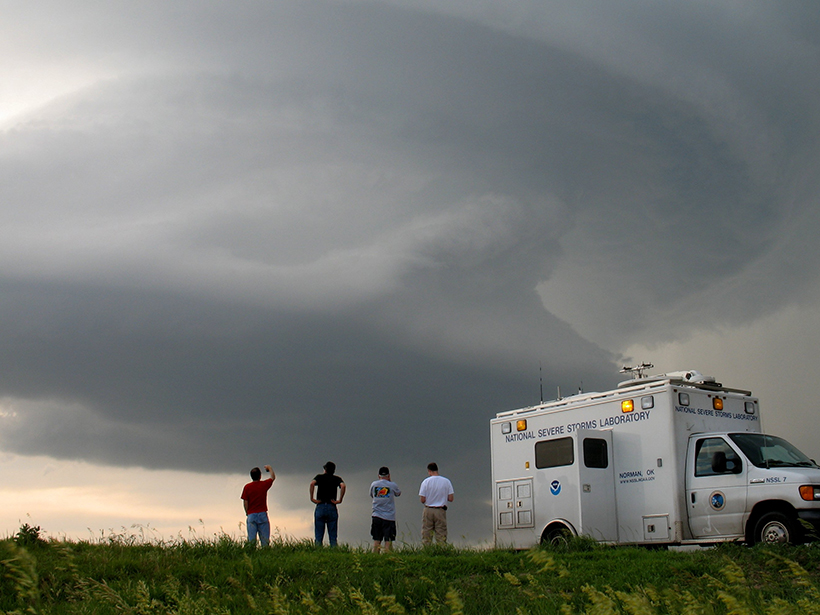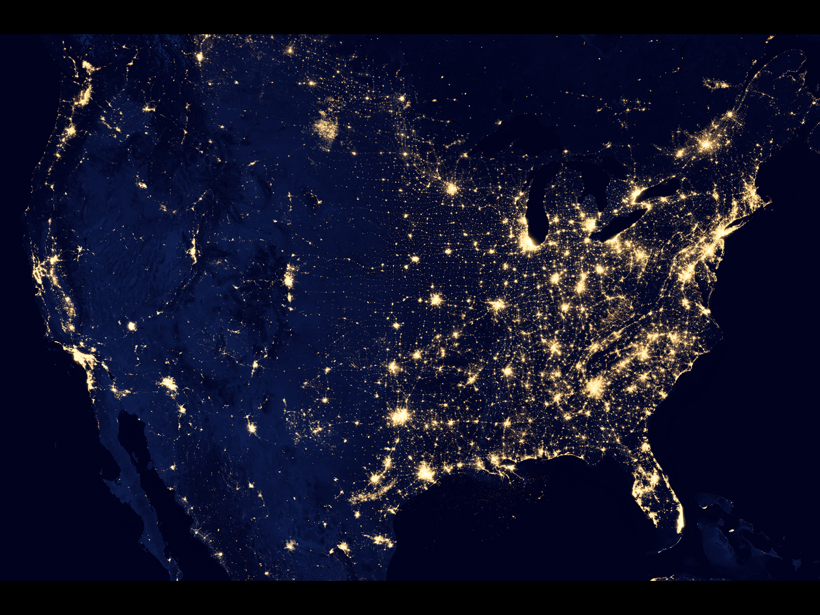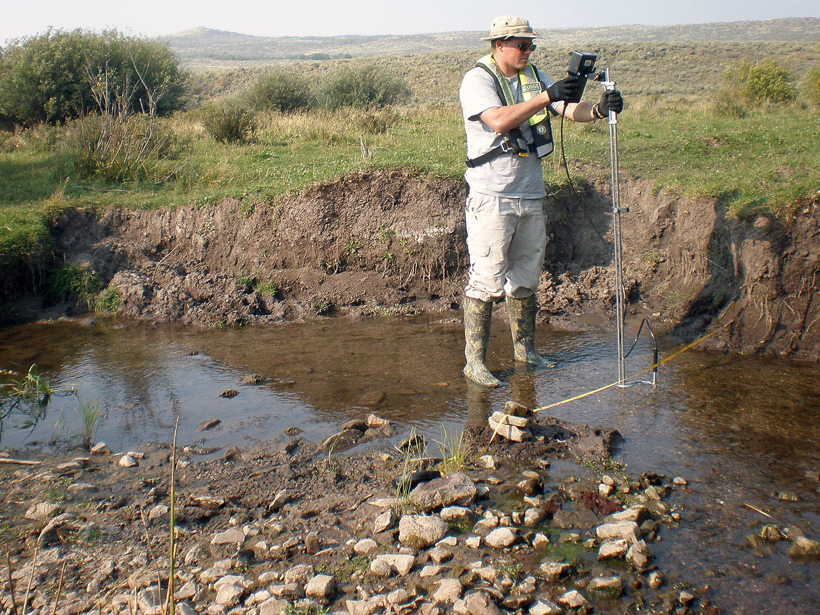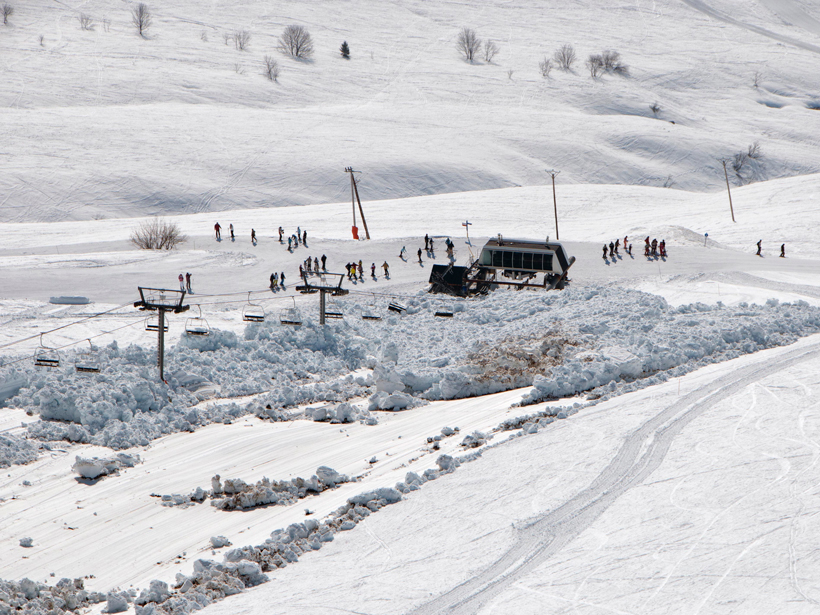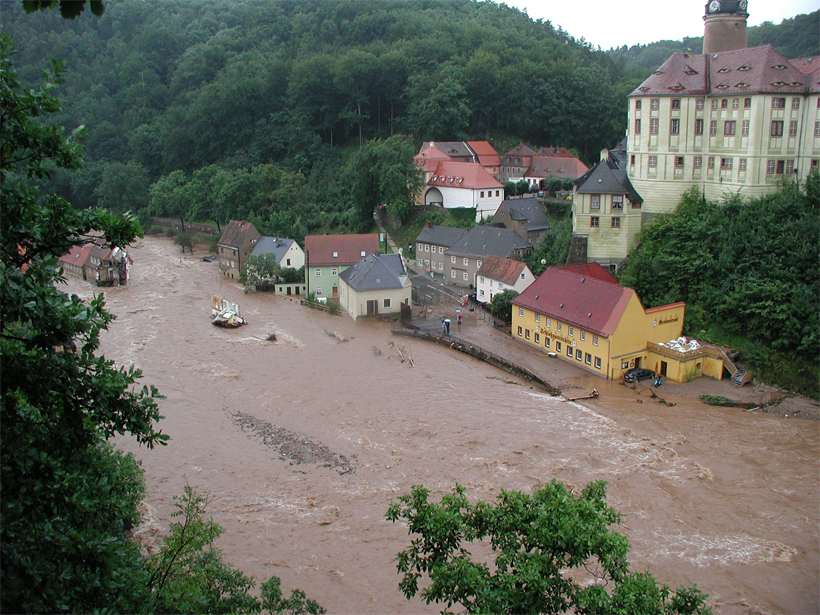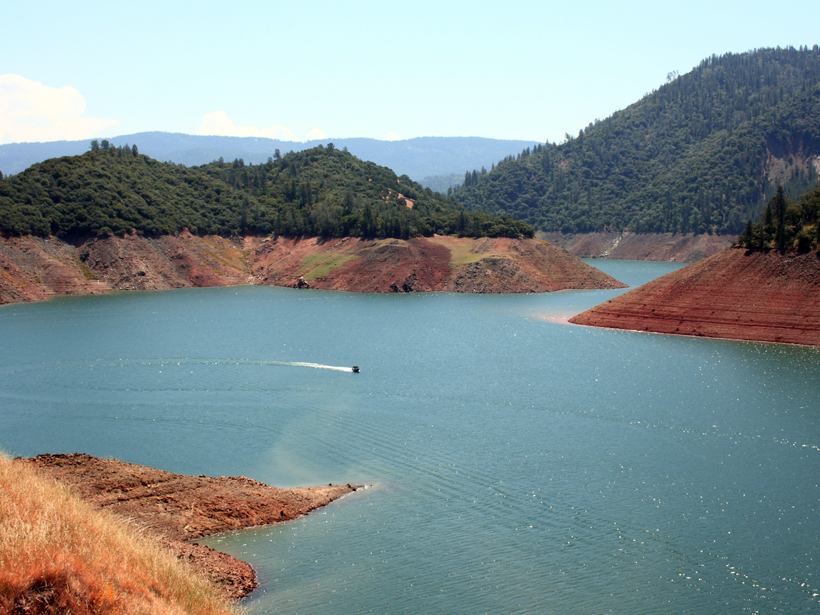U.S. National Science Foundation Workshop: Quenching a Thirsty West; Lake Tahoe, Nevada/California, 29–30 August 2016
extreme events
Evaluating Highest Temperature Extremes in the Antarctic
The record high temperature for regions south of 60°S latitude is a balmy 19.8°C (67.6°F), recorded 30 January 1982 at a research station on Signy Island.
Initiative Aims to Help Cut Losses from Extreme Weather Events
A new alliance aims to integrate social and behavioral science into meteorological research and practice to help build resilience to natural disasters.
Mapping Geoelectric Hazards Across the United States
Variations in Earth’s magnetic field can induce electric fields in the ground, driving damaging currents through our power grids.
Science of Tying Some Extreme Weather to Climate Change Advances
A report from the National Academies of Sciences, Engineering, and Medicine says attribution of some classes of extreme events can provide policy makers with better information about future risks.
Tracking Long-Term Changes in Global Sea Level Extremes
Large-scale climate change may drive trends in extreme sea level events.
Insights into the Ongoing California Drought
Real-time research informs real-time decision-making for addressing the California drought.
Slow-Moving Glide Avalanches Still Pack a Punch
Predicting glide avalanches and explaining how they work are difficult tasks, but the forces they exert can be calculated fairly well.
The Element of Surprise in Managing Flood Risk
A social science perspective on unpredictable flood risk systems may help us expect the unexpected and mitigate flood damage.
Global Warming Intensifies Drought Conditions in California
The rise in global temperatures has amplified naturally occurring drought conditions in California and has increased the chance of severe droughts in the future.



